
Presenting the Government's Report, Minister of Finance Nguyen Van Thang said that the Draft Law on Personal Income Tax (amended) consists of 4 chapters and 29 articles, regulating taxpayers, taxable income, tax-exempt income, tax reduction, and the basis for calculating personal income tax (PIT).
According to Minister of Finance Nguyen Van Thang, the draft Law amends and completes regulations on tax calculation and taxable income for each type of income, restructures and adjusts the names of some articles to correspond with the amended content.
At the same time, the draft Law amends and completes tax exemption regulations for income paid by voluntary pension funds and supplementary pension insurance funds; income of individuals working at certain specific international organizations; income of individuals who are owners of private enterprises and owners of single-member LLCs; and salaries and wages paid for days not taken off.

Regarding the level of revenue not subject to tax, the draft amended Law stipulates that the level of revenue not subject to personal income tax is 200 million VND/year to ensure consistency with the provisions of the Law on Value Added Tax recently issued by the National Assembly. At the same time, the Government is assigned to adjust the level to be consistent with tax management for business individuals.
In addition, the draft Law also amends the provisions on family deductions and deductions for charitable and humanitarian contributions. The Minister of Finance said that on October 17, 2025, the National Assembly Standing Committee passed a Resolution on adjusting the family deduction level of personal income tax.
Accordingly, the deduction for the taxpayer himself/herself will be adjusted from 11 million VND/month to 15.5 million VND/month, the deduction for each dependent will be adjusted from 4.4 million VND/month to 6.2 million VND/month and the new family deduction level will be implemented from the time the Resolution takes effect and applied from the 2026 tax period, accordingly, individuals will be deducted according to the new family deduction level from January 2026.
At the same time, adjust the progressive tax schedule applicable to resident individuals with income from salaries and wages in the direction of reducing the number of tax rates from 7 to 5 and widening the gap between the rates.
Mr. Nguyen Van Thang said that, regarding gold bar transactions, according to the provisions of the law on gold trading and the law on investment, gold bar trading is a conditional business activity.
Therefore, only enterprises and credit institutions licensed by the State Bank to trade in gold bars are allowed to trade in gold bars. Trading in gold bars without a license is a violation of the law in gold trading. Therefore, individuals are not allowed to trade in gold bars. The trading in gold bars by individuals with income is determined as other income (not income from business).

Presenting the Review Report of the Economic and Financial Committee, Chairman of the Economic and Financial Committee Phan Van Mai said: Regarding taxable income stipulated in Article 3 of the draft Law, taxable income is an important content, directly related to the rights and legitimate interests of taxpayers, which needs to be specifically regulated in the Law to ensure clarity, transparency, and stability of the policy, creating consensus in society.
“Based on the summary, assessment and statistics of income arising in practice and the experience of countries around the world on taxable income, it is recommended that the drafting agency specify in the draft Law on taxable income, remove the provision at Point d, Clause 10, Article 3 (other income prescribed by the Government) to ensure the clarity and transparency of the Law” - Chairman of the Economic and Financial Committee Phan Van Mai proposed.
Mr. Phan Van Mai added that the draft Law supplements the provision that income from gold bar transfers is taxable income. Many opinions suggest that taxing gold bar transfers should be considered properly to avoid inconveniences for people who transfer gold for non-speculative or business purposes; taxing people's gold savings may not have a humane, social and economic management meaning; at the same time, it is recommended that the Government provide information on the expected time of applying these regulations.
Regarding the provisions on family deductions (Article 10), this is an important content and one of the bases for taxpayers to determine their tax obligations, therefore, it receives special attention from the people and society.
Actual implementation over the past time and experience from other countries show that the family deduction level is not adjusted too frequently and continuously and is not an urgent matter that needs to be regulated by the Government to ensure flexibility and timeliness.
“Therefore, it is recommended to continue to specify the family deduction level in the draft Law, and at the same time assign the Government to submit to the National Assembly Standing Committee for consideration and adjustment of the family deduction level if necessary, in accordance with actual needs as expressed in the current Personal Income Tax Law,” said Mr. Phan Van Mai, and proposed to add specific family deduction levels, remove the provision assigning the Government to regulate the family deduction level in Clause 1, Article 10, and at the same time remove the provision in Clause 3, Article 29 accordingly.
Source: https://hanoimoi.vn/se-dieu-chinh-muc-giam-tru-cho-nguoi-nop-thue-len-15-5-trieu-dong-thang-722054.html


![[Photo] Ho Chi Minh City Youth Take Action for a Cleaner Environment](https://vphoto.vietnam.vn/thumb/1200x675/vietnam/resource/IMAGE/2025/11/04/1762233574890_550816358-1108586934787014-6430522970717297480-n-1-jpg.webp)
![[Photo] The road connecting Dong Nai with Ho Chi Minh City is still unfinished after 5 years of construction.](https://vphoto.vietnam.vn/thumb/1200x675/vietnam/resource/IMAGE/2025/11/04/1762241675985_ndo_br_dji-20251104104418-0635-d-resize-1295-jpg.webp)

![[Photo] Panorama of the Patriotic Emulation Congress of Nhan Dan Newspaper for the period 2025-2030](https://vphoto.vietnam.vn/thumb/1200x675/vietnam/resource/IMAGE/2025/11/04/1762252775462_ndo_br_dhthiduayeuncbaond-6125-jpg.webp)

![[Photo] Ca Mau "struggling" to cope with the highest tide of the year, forecast to exceed alert level 3](https://vphoto.vietnam.vn/thumb/1200x675/vietnam/resource/IMAGE/2025/11/04/1762235371445_ndo_br_trieu-cuong-2-6486-jpg.webp)








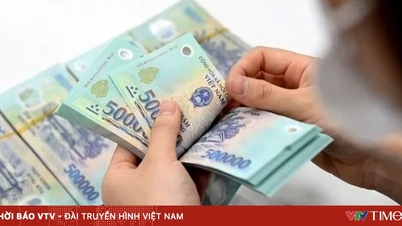


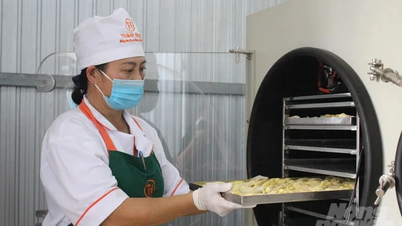

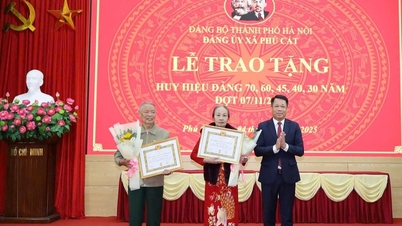












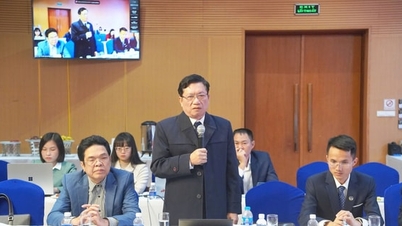

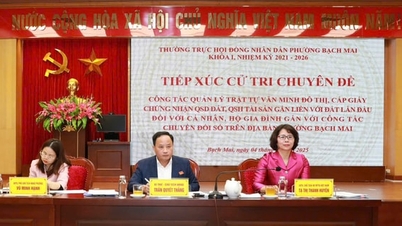




































































Comment (0)